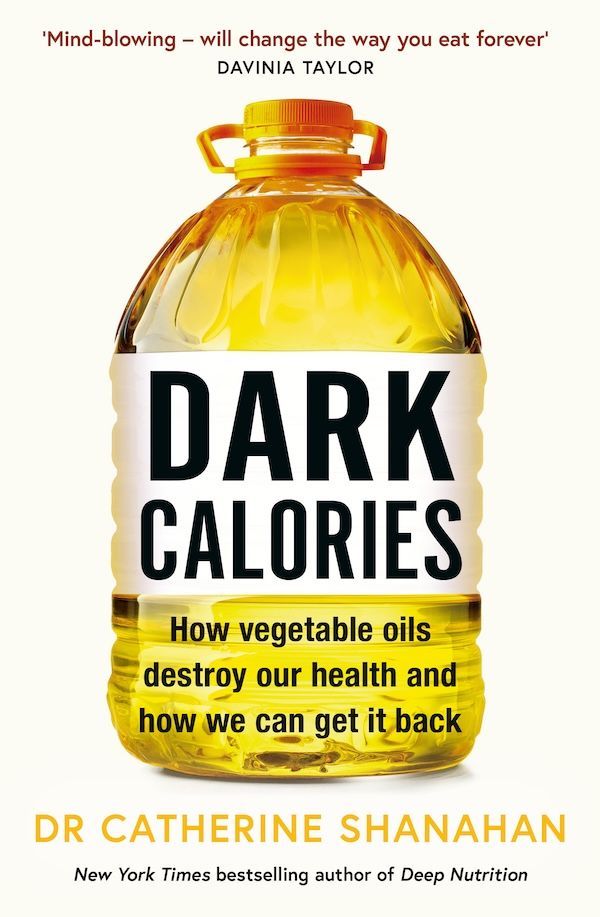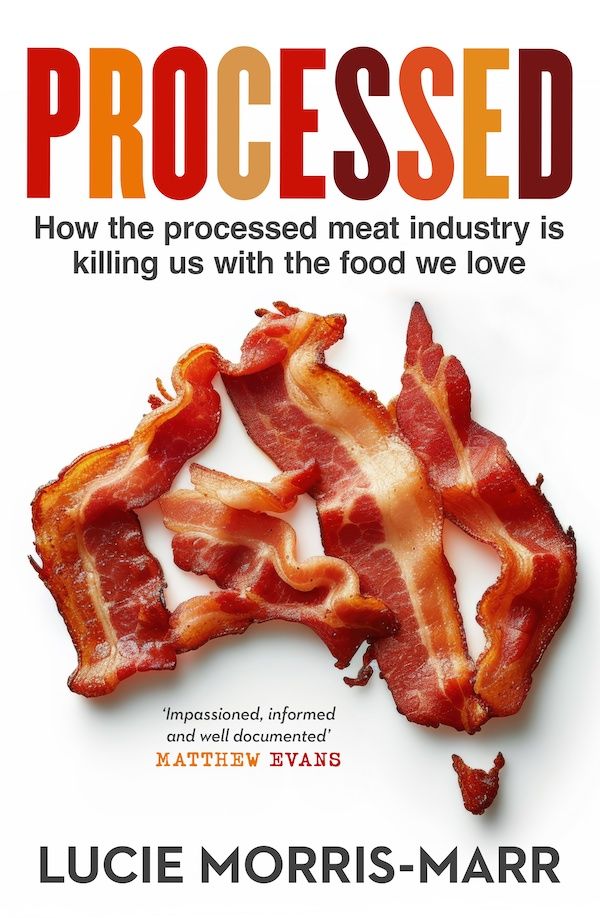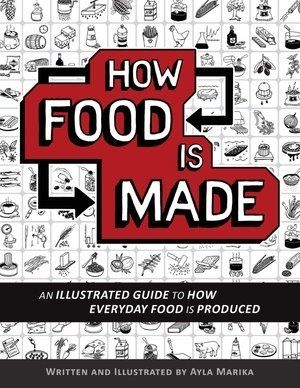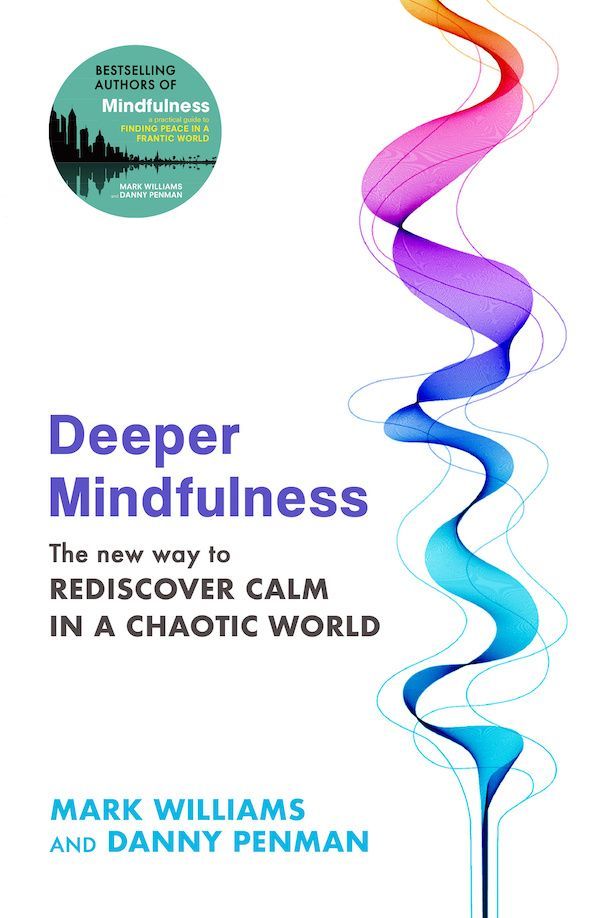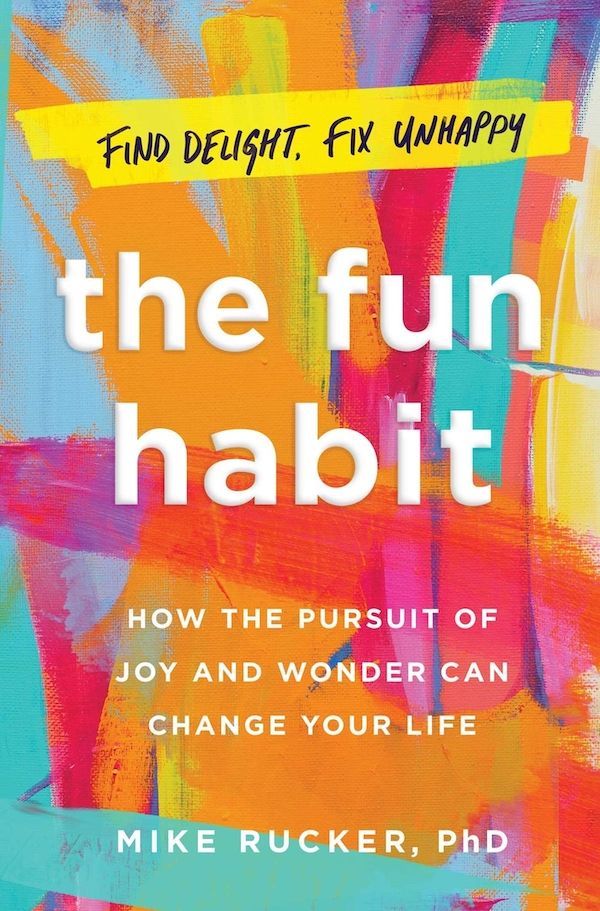Dark Calories
By Catherine Shanahan
Published by Orion Spring Books (Hachette Australia)
ISBN
9781398720732
This book is set to create shock waves in the food industry
In ‘Dark Calories’ Dr Shanahan exposes the dangers of the highly refined seed oils which are ubiquitous within our food supply.
Is it possible that seed oils are accountable for much of the harm of ultra processed foods? Are these oils increasing risks for all illnesses linked with chronic inflammation, such as coronary heart disease, type 2 diabetes, obesity, Alzhheimer’s, Parkinson’s disease, macular degeneration and even cancer?
Dr Shanahan doesn’t mince her words.These oils, such as sunflower, safflower, soy, cottonseed, also often known as ‘vegetable oil’, are referred to as ‘the poison in our pantry.’
Her early background in lipid research made her particularly aware of the instability of seed oils. Saturated fats have strong single bonds between carbon and hydrogen. Fats such as olive oil have only one double bond but seed oils, (otherwise known as polyunsaturated fatty acids or PUFAs) have multiple weak double bonds where the hydrogen is easily pushed out by oxygen (oxidised.) Oxidised fats are bad news for our health, as she explains in detail.
She describes how vegetable oils are a by-product of the soap industry and soy oil from animal feeds. These oils have to go through a multitude of chemical processes including ultra-heat treating, de-gumming, de-waxing and de-odorising to create the clear, odourless oils which are sold in our supermarkets, hugely prevalent within the ultra processed food market and also in fast-food chains, cafes and restaurants.
The oils are damaged and likely to be partially oxidised before leaving the factory but if they are re-used and re-heated in fast-food outlets, often multiple times, the oils are further oxidised and toxic by-products formed such as aldehydes and transfats. Most cafes will only change the oil in the deep fat friers weekly at best. Dr Shanahan’s jaw-dropping allegation is that a ‘typical portion of restaurant chips or French fries has an equivalent toxic level to 20 to 25 cigarettes!’
She tells us that the international industry in refined oils is worth over $115 billion annually. The increased use of these oils means that on average the proportion of polyunsaturated fats in our body fat has gone up from 9% to 21.5% over the last 5 years. To clear the excess may take four to five years of eating natural fats.
Dr Shanaghan feels that the dangers of saturated fats have been overplayed, and this mindset has fed into the shift to a diet high in refined seed oils. She explains that cholesterol has important functions in the body, including in production of vitamin D, various hormones and for nerve conduction. It should be considered to be a nutrient, not a toxin.
She alleges that statins are over-used in the prevention of heart disease and the way that the data on statins is presented can be misleading. However, she does not explore the value of statins in people with established coronary artery disease or other vascular disease, such as stroke.
In the prevention of cancer, Dr Shanaghan sites Dr Thomas Seyfried. This American researcher has explored the value of a keto diet in the prevention of cancer. He has had some good results but work in this field is only in its infancy. He believes that cancer is a metabolic disease due to damage to the mitochondria which act as batteries in our cells. Ways to repair this damage include minimising sugar and starchy carbohydrates but also minimising the consumption of UPFs and refined seed oils.
In conclusion: Dr Shanahan gives a very detailed description of the harms of refined seed oils and how excluding them from our diet may improve our health across the board. She backs this up with references to hundreds of research studies.
It is to be hoped that readers may be sufficiently impressed by her arguments to make changes to their diets and swap over to using more natural fats. Ideally, they should not be put off by some of her more controversial statements, such as the comparison of fast-food French fries to cigarettes.
If elements of the narrative appear far-fetched then people may become distracted from the central and credible theme of the dangers of highly refined unstable oils.
Dr Shanahan fails to discuss the important role of Omega 3 within nerve cell membranes and connections between nerves and helping in prevention of Alzheimer’s disease. By raising the proportion of PUFAs in the diet one is displacing Omega 3 with poor outcomes for mental health and cognition.
In spite of all the above, there are still many studies in respected medical journals which promote the use of PUFAs in the prevention of heart disease. Other studies in the same journals come to the opposite conclusion.
It is hard to navigate this field with confidence. However, even if the reader is still in doubt as to the truth, they can do no harm by trying to minimise their intake of refined oils and reach for extra-virgin olive oil and other natural fats in their place. This can only do them good. Dr Shanaghan would be more than delighted at such an outcome.
Review by Dr Jackie Rose* MbChB, MRCGP, DCH, DRCOG
The Author
Catherine Shanahan, MD is a board-certified Family Physician and New York Times bestselling author. She trained in biochemistry and genetics at Cornell University before attending Robert Wood Johnson Medical School.
About the Reviewer
* Dr Jackie Rose recently retired from her NHS GP work. She now concentrates on her special expertise and passion for nutrition through medicine. She works part time as a nutritional therapist in a private clinic in Manchester, UK. She is motivated to help patients to change their diet and improve their health. She has seen how a better diet, based on natural whole foods, together with reduced carbohydrates can help people to lose weight, to feel better in themselves and even has potential to reverse conditions such as diabetes, hypertension and arthritis.
She does voluntary work in preventive medicine and regularly gives talks and lectures on this topic and is co-chair of ‘Salford Healthy Communities.’
This is an independent review, I am not paid by the book publishers, so.If you Liked this review - please Buy me a coffee

